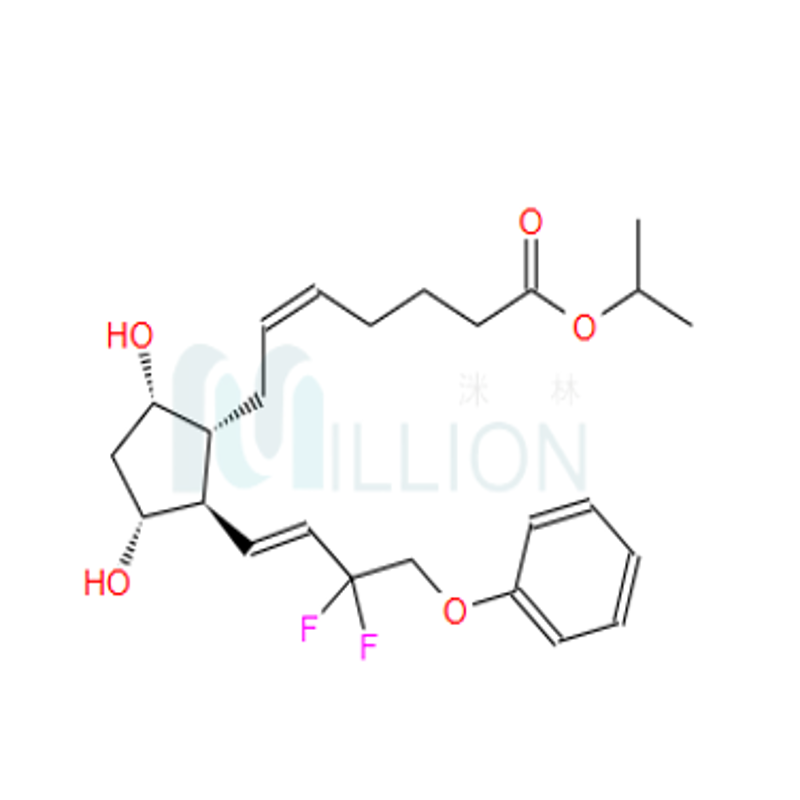-
Categories
-
Pharmaceutical Intermediates
-
Active Pharmaceutical Ingredients
-
Food Additives
- Industrial Coatings
- Agrochemicals
- Dyes and Pigments
- Surfactant
- Flavors and Fragrances
- Chemical Reagents
- Catalyst and Auxiliary
- Natural Products
- Inorganic Chemistry
-
Organic Chemistry
-
Biochemical Engineering
- Analytical Chemistry
-
Cosmetic Ingredient
- Water Treatment Chemical
-
Pharmaceutical Intermediates
Promotion
ECHEMI Mall
Wholesale
Weekly Price
Exhibition
News
-
Trade Service
Translator: Dong Bingzi Affiliated Hospital of Qingdao University
Introduction: From September 19 to 23, 2022, the 2022 European Association for the Study of Diabetes Annual Conference, a major international conference in the field of endocrinology, was held
in Stockholm, Sweden in the form of "online + offline".
At the meeting, scholars shared a research report
entitled "The effect of fenerone on patients with
Previous studies: Phenirenal ketone confers cardiac and renal benefits in type 2 diabetes
Finerenone is a third-generation mineralocorticoid receptor antagonist, and according to the FIDELIO-DKD and FIGARO-DKD study pooled analysis, finelidone can reduce cardiovascular risk and renal outcomes
in patients with type 2 diabetes and
In this study, the team of investigators assessed the effects of
fenelidone by baseline HbA1c, HbA1c variability, and diabetes course.
Patients with type 2 diabetes and CKD (
73 m2) were randomized to phenelidone or placebo
.
To compare the effects
of fenelidone with placebo on cardiovascular events (including cardiovascular death, non-fatal
7% and the mean duration of diabetes was 15.
4 years
.
Higher baseline HbA1c quartiles have longer diabetes duration and more
diabetes-related complications.
Recent data: Fenelidone cardiorenal benefit, independent of HbA1c fluctuations and diabetes course
➤ Compared with placebo, the effect of pheniolidone in reducing cardiovascular risk and renal composite endpoints was consistent
with HbA1c (p-interaction 0.
52 and 0.
09, respectively) and diabetes course quartiles (p-interaction 0.
12 and 0.
75, respectively).
➤ HbA1c variability in the first year of treatment is associated with
higher cardiorenal risk.
➤ For each 1 increase in mean absolute residual of HbA1c, the risk of cardiovascular events increased by 20% (HR 1.
20; 95% CI 1.
07-1.
35; p=0.
0016) and by 36% (HR 1.
36; 95% CI 1.
21-1.
52; p<0.
001
).
➤ The cardiovascular and renal benefits of phenirenal were not affected by HbA1c variability (p-interaction 0.
48 and 0.
09, respectively).
Summary of this article
This study showed that increased HbA1c variability was associated with an increased risk of cardiorenal outcomes, and baseline HbA1c, HbA1c variability, or diabetes course did not alter the cardiorenal benefit
of finerone in patients with CKD and type 2 diabetes.
In June 2022, China has approved fenerone, a new generation of non-steroidal selective mineralocorticoid receptor antagonists, to improve the risk of cardiovascular and renal events in type 2 diabetes-related chronic kidney disease, which is a new choice
to improve cardiovascular and renal outcomes in patients with type 2 diabetes.
Translator's introduction
Dong Bingzi
Doctor of Medicine, Postdoctoral Fellow, Deputy Chief Physician, Department of Endocrinology, Affiliated Hospital of
Qingdao University.
Graduated from Tokushima University (Japanese Ministry of Education, Culture, Sports, Culture, Sports, Scholarship International Student), engaged in clinical and basic research on bone metabolism
.
In recent years, he has published 13 SCI papers as the first/corresponding author, published research results in JBMR, Int J Biol Sci, etc.
, participated in the editing of 3 monographs, 2 main translators, presided over 1 National Natural Science Foundation of China, 2 provincial and ministerial projects, and participated in 2 provincial and ministerial awards
.
He is currently a youth committee member of the Endocrinology Branch of the Chinese Geriatrics Association, a member of the Osteoporosis and Bone Mineral Diseases Specialist Branch of Shandong Medical Association, a member of the Osteoporosis and Bone Mineral Diseases Branch of Shandong Medical Association, and a member and secretary
of the







